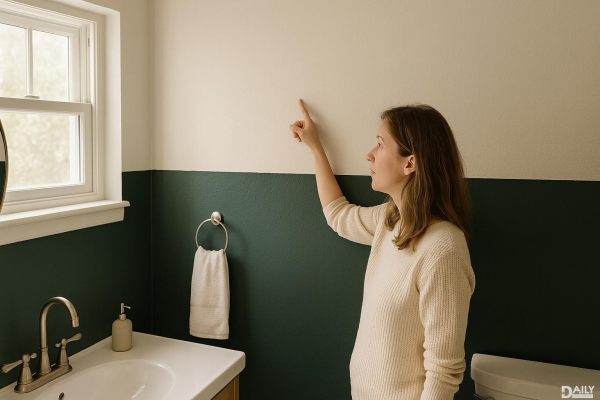Magnesium has been hyped up as a natural sleep aid, but the reality isn’t as clear-cut as social media makes it seem. While some studies suggest it might help you fall asleep slightly faster, the evidence isn’t strong enough to call it a miracle solution. That said, if you struggle with restless legs or mild insomnia—and especially if you’re low in magnesium—it could be worth a try. Just don’t expect it to knock you out like prescription sleep meds. And, like with any supplement, there are some side effects to watch out for, especially if you’re sensitive to digestive issues.
How Magnesium Might Help You Sleep
Magnesium plays a role in regulating neurotransmitters that calm the nervous system, which is why it’s often associated with relaxation. It binds to GABA receptors, the same ones targeted by anti-anxiety meds, helping to quiet an overactive brain. Some research suggests magnesium deficiency is linked to poor sleep, so if you’re not getting enough from your diet (think leafy greens, nuts, and whole grains), a supplement might fill the gap. But here’s the catch: most studies on magnesium and sleep are small, short-term, or rely on self-reported data—meaning they’re not the gold standard for scientific proof. So while some people swear by magnesium for better Zzz’s, others might not notice a difference.
The Different Types of Magnesium (And Which One to Take)
Not all magnesium supplements are created equal. Magnesium citrate is great for constipation but can wreak havoc on your stomach if you don’t need a laxative effect. Magnesium glycinate is gentler and more bioavailable, making it a better choice for sleep. Magnesium oxide, while cheap, isn’t absorbed well and might just pass through your system without doing much. Then there’s magnesium L-threonate, which some claim is better for brain function, though research is still limited. If sleep is your goal, glycinate is your best bet—just start with a low dose (around 200-300 mg) to see how your body reacts.
Potential Side Effects You Should Know About
Magnesium is generally safe, but it’s not without its quirks. The biggest issue? Your gut. Too much magnesium—especially citrate or oxide—can lead to diarrhea, cramping, or bloating. Some people also experience dizziness or muscle weakness if they take high doses. And if you have kidney problems, you should be extra cautious, since your body might struggle to flush out excess magnesium, leading to toxicity. Another thing to watch for: interactions with medications like antibiotics or blood pressure drugs. Always check with your doctor before adding magnesium to your routine, especially if you’re on other meds.
When Magnesium Probably Won’t Help
If your insomnia is severe or tied to an underlying condition like sleep apnea, magnesium isn’t going to be the magic fix. Chronic sleep issues often require more targeted treatments, like cognitive behavioral therapy for insomnia (CBT-I) or a sleep study to rule out disorders. Magnesium might take the edge off mild restlessness, but it’s not a substitute for medical advice. And if you’re already getting enough magnesium from your diet, popping extra pills won’t necessarily improve your sleep—it could just lead to unnecessary side effects.
How to Use Magnesium Safely for Sleep
If you decide to give magnesium a shot, timing matters. Taking it 30-60 minutes before bed gives your body a chance to absorb it and lets the relaxation effects kick in. Pairing it with other sleep-friendly habits—like dimming lights, avoiding screens, and keeping a consistent bedtime—can enhance its effects. And remember: supplements aren’t a replacement for a balanced diet. Loading up on magnesium-rich foods (spinach, pumpkin seeds, black beans) can help support overall sleep health without the risk of overdoing it on supplements.
At the end of the day, magnesium might be a helpful tool for some, but it’s not a one-size-fits-all sleep solution. If you’re struggling with persistent insomnia, it’s worth digging deeper with a healthcare provider to find the root cause—because sometimes, better sleep requires more than just a supplement.























